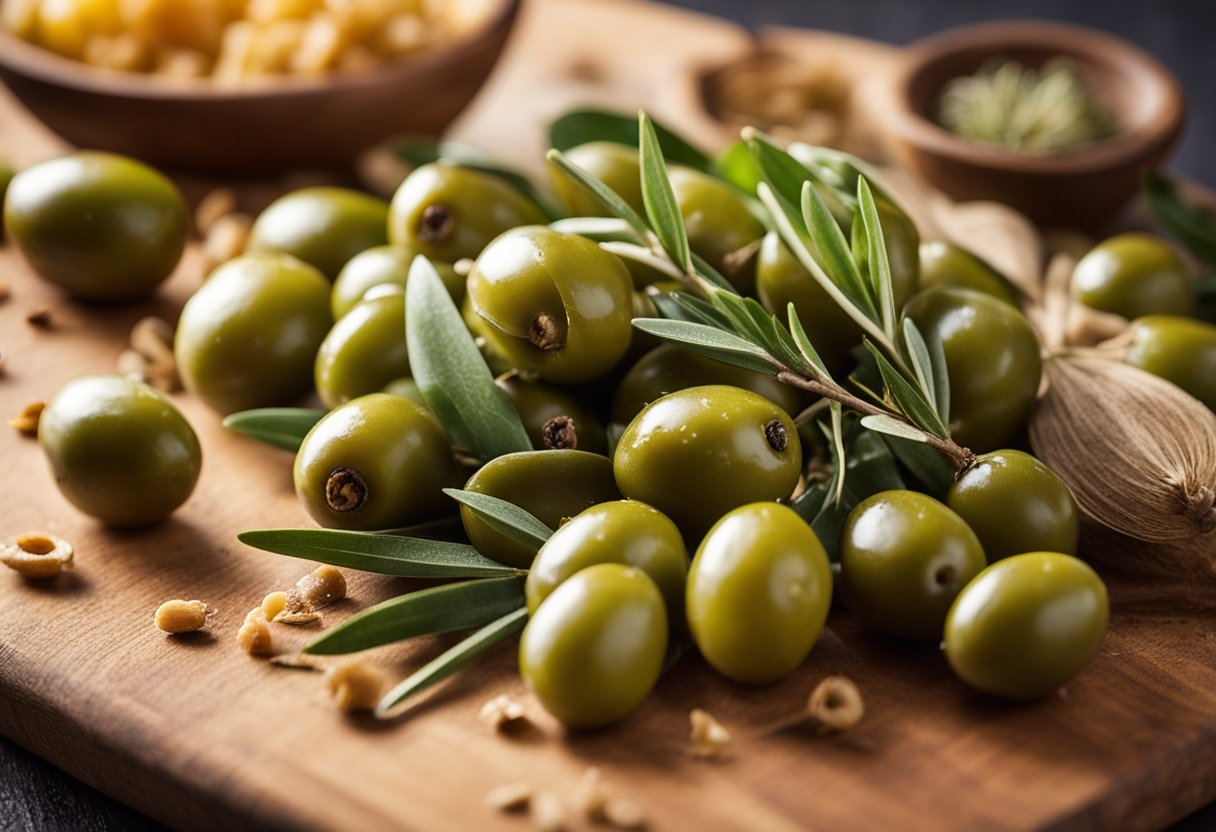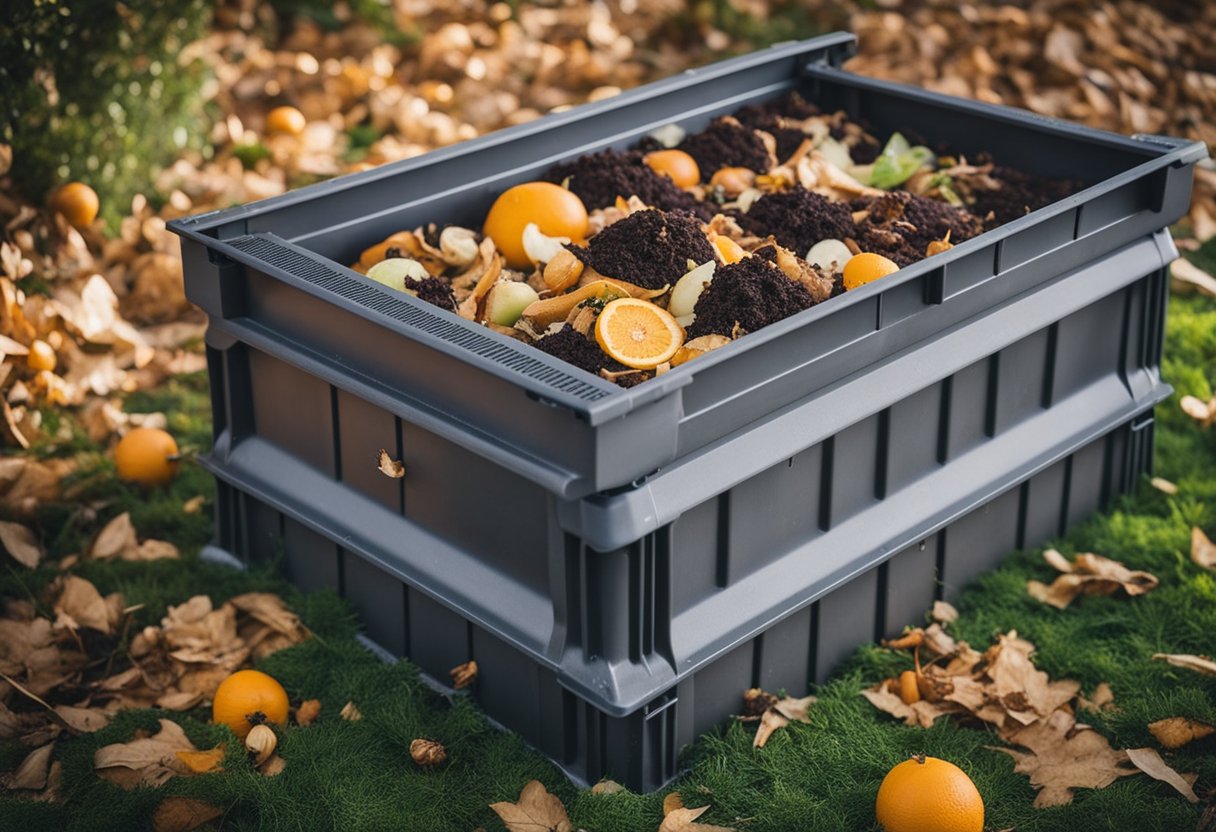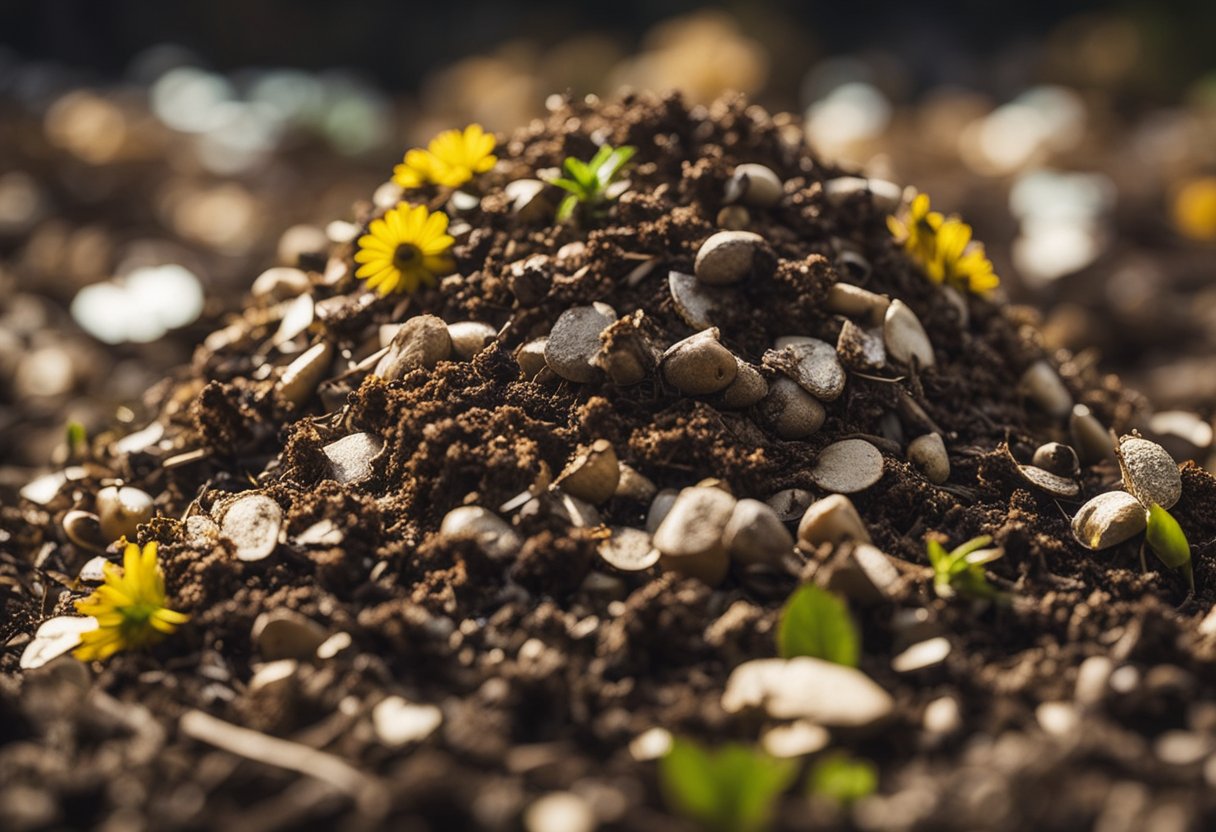As an Amazon Associate I earn from qualifying purchases.
At A Glance
Yes, you can compost olives. Composting olives is similar to composting other types of fruit and vegetable scraps. However, they do have a high oil content which can slow down the decomposition process slightly. It’s advisable to chop or crush them into smaller pieces before adding to your compost pile, as this will help speed up the decomposition process. Mixing them well with other compost materials, especially those high in carbon like dried leaves or straw, can also be beneficial. The oil content in olives may also create a barrier that can deter pests, which is an added advantage.
Composting is an excellent way to reduce waste and create nutrient-rich soil for your garden. However, not all materials are suitable for composting. If you’re wondering whether you can compost olives, the answer is a bit more complicated than a simple yes or no.

Olive oil is a fatty substance, and composting fats can be tricky. Additionally, olives are high in salt, which can be harmful to plants if not properly composted. Despite these challenges, it is possible to compost olives and use them to enrich your garden soil. In this article, I will explore the ins and outs of composting olives, including what to do with the pits and how to ensure that your compost is safe for your plants.
Composting Basics

Composting is the natural process of decomposition of organic matter, such as food waste and yard waste, into nutrient-rich soil. The process involves microorganisms, such as bacteria and fungi, breaking down the organic matter and converting it into a form that plants can use.
To start composting, you need to create an environment that is conducive to the growth and reproduction of these microorganisms. This involves providing a balance of carbon-rich and nitrogen-rich materials, moisture, and oxygen.
Carbon-rich materials, such as dry leaves, sawdust, and shredded paper, provide the energy source for the microorganisms. Nitrogen-rich materials, such as food waste, grass clippings, and manure, provide the protein source for the microorganisms.
The ideal ratio of carbon to nitrogen is 30:1, but this can vary depending on the specific materials used. It is important to maintain a balance of these materials to ensure that the microorganisms have enough energy and protein to thrive.
Moisture is also important for the composting process. The pile should be damp, but not too wet, with a consistency similar to that of a damp sponge. If the pile is too dry, the microorganisms will not be able to grow and reproduce. If the pile is too wet, the microorganisms will not have enough oxygen to breathe.
Finally, oxygen is necessary for the microorganisms to breathe and digest the organic matter. This can be achieved by turning the pile regularly or by providing aeration through the use of a compost bin with air vents.
In summary, composting is a natural process that involves the decomposition of organic matter by microorganisms. To create a successful compost pile, you need to provide a balance of carbon-rich and nitrogen-rich materials, moisture, and oxygen.
Can You Compost Olives?

As an experienced gardener, I have been asked many times if olives can be composted. The answer is yes, but with some conditions.
Olives are a great addition to your compost pile because they are high in nitrogen. However, they can also be acidic, so it’s important to balance the pH levels of your compost pile. To do this, you can add some carbon-rich materials like leaves, straw, or shredded paper. This will help balance the carbon-to-nitrogen ratio and create a healthy environment for decomposition.
It’s also important to note that olives can take a long time to decompose. This is because they have a tough outer layer that can be difficult for microbes to break down. To speed up the process, you can chop them up into smaller pieces or grind them in a food processor before adding them to your compost pile.
If you have pickled olives, you can still compost them, but you should rinse off any excess brine or vinegar. This will prevent the acidity from affecting the pH levels of your compost pile.
In summary, olives can be composted successfully if you balance the carbon-to-nitrogen ratio, add some carbon-rich materials, and chop them up into smaller pieces. With these conditions met, olives can be a great addition to your compost pile and help create nutrient-rich soil for your plants.
Composting Olive Byproducts
As an avid gardener, I often wonder if I can compost olive byproducts such as leftover brine, oil, or even the pits. After conducting some research, I found that composting olive byproducts can be beneficial for adding nutrients to your compost but requires some considerations.
Olive Oil
Composting olive oil can be tricky since it is a fatty substance. In general, composting oils, including olive oil, can pose some challenges. It is recommended to use small amounts of olive oil in your compost heap. If you have a large amount of olive oil, it is best to dispose of it properly.
Olive Trees
Olive trees can thrive in acidic or alkaline soil, and typically don’t require compost, fertilizer, or organic matter to grow healthily. Provided your soil is mineral-rich, your tree should be quite happy. However, if your soil is quite sandy, you may want to add a little bit of compost or soil improver to give the tree the nutrients it needs.
Olive Pits
Composting olive pits can be difficult since they won’t compost in a reasonable amount of time, and some of them may sprout. It is best to avoid composting olive pits. Instead, you can use them as a decorative element in your garden or use them as fuel for your fireplace or wood-burning stove.
Leftover Brine
Composting leftover brine from a jar of olives can be beneficial for adding nutrients to your compost. However, it is important to note that the brine may contain high levels of salt, which can be detrimental to your compost heap. It is recommended to dilute the brine with water before adding it to your compost heap.
Overall, composting olive byproducts requires some considerations, but it can be a great way to add nutrients to your compost heap.
